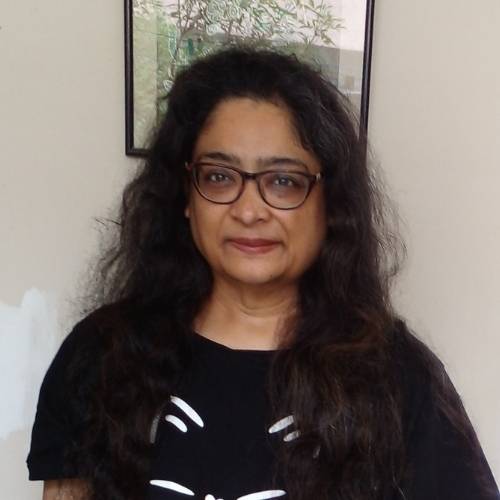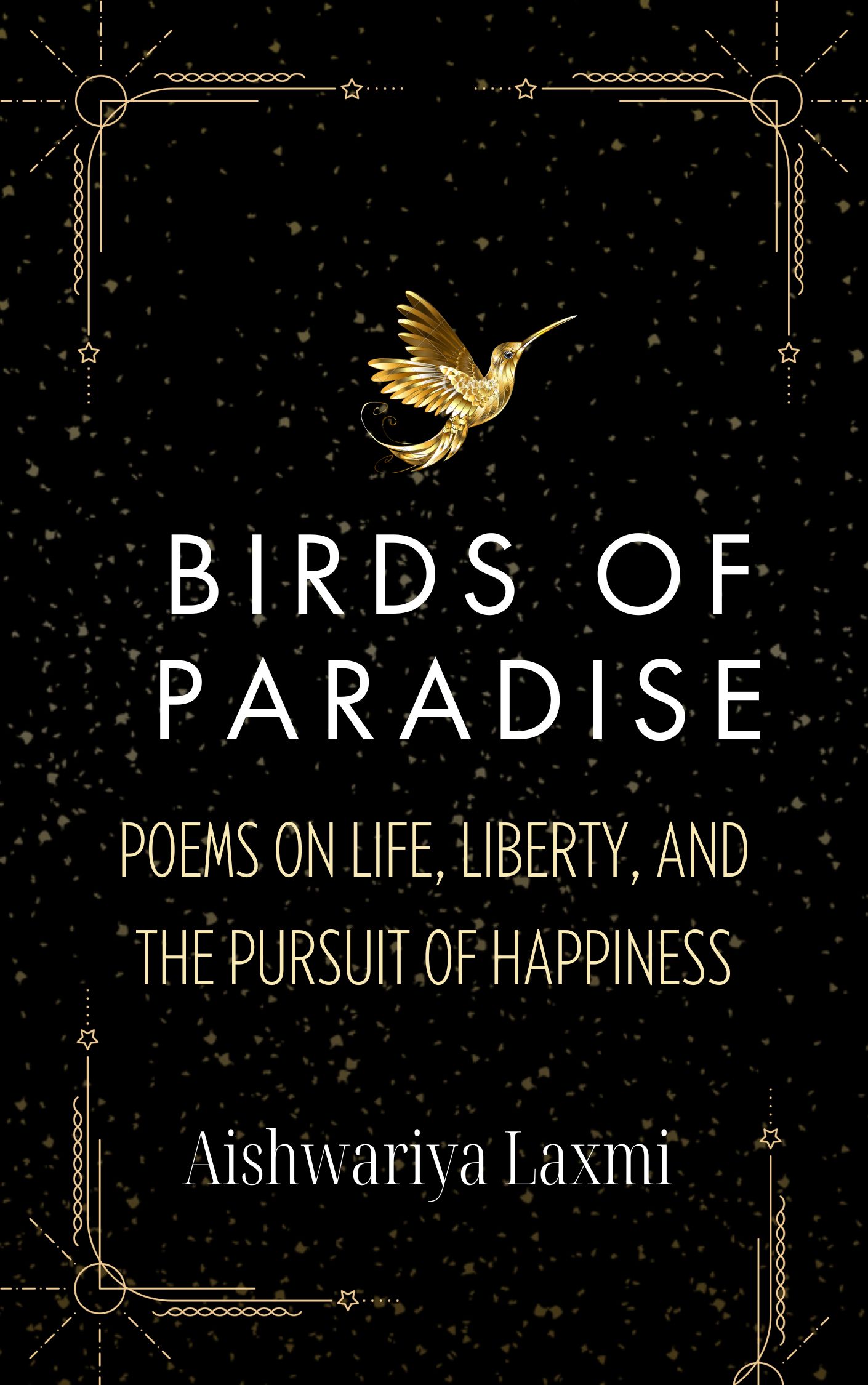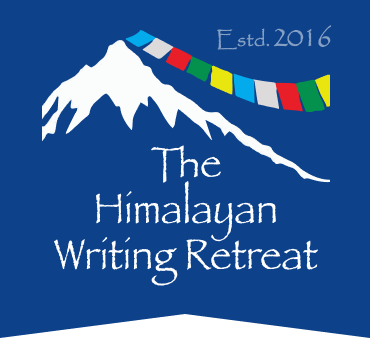- Could you tell us about your book ‘The Eminently Forgettable Life of Mrs. Pankajam’?
It’s a diary of a 63-year-old woman, who has just started to lose her memory. The book helps us see her world through her eyes: as a mother, wife, mother-in-law, grandmother, friend, and many more relationships whose contours change, sometimes rapidly, over time. The book is available on Amazon.
2. What inspired you to write it?
The seed was sown when my husband’s aunt visited us once, and she could not remember any of us, but she played with my toddler children. We thought she understood who they were, but she simply said, “Does one need to remember them to enjoy them?” That got me thinking about identity and memory.
3. When did you start working on this novel?
It was late 2016. I was part of Writer’s Ink, a wonderful critique group created by Radhika Meganathan, for which I submitted this.
4. How long did it take from idea to novel?
Surprisingly, not very long! About 60 days is what the first draft took. That’s definitely an exception for me, though.
5. Could you tell us about your publishing journey during the pandemic?
Actually, not much happened, except that the publication date got pushed. However, the journey was long, as you can imagine.
6. What else would you like to tell us about your book?
Read it!
7. What are your other published pieces? Can you share links to some of them? (anthologies/ articles etc)
I’ve published short stories in a few anthologies.
https://thewire.in/books/short-story-road-safety
https://www.helterskelter.in/newwriting/vol68.
8. Which are some of your favourite novels?
Oh, there are many. Recently I read and loved The Memory Police by Yoko Ogawa, and The Professor and the Madman, by Simon Winchester. Actually, I was a big fan of non-fiction before I started writing, and have now managed to graduate to speculative fiction!
9. What advice do you have for a writer who is looking to get published?
I am not experienced enough to dispense advice! I am still trying to understand this evolving space. I think it’s important to understand why you write and choose your path accordingly, and also that there is no bad reason to write!
10. Which books on writing would you recommend to aspiring writers?
Who doesn’t love On Writing by Stephen King? And, of course, Virginia Woolf’s A Room of One’s Own, which is sort of a manifesto for women’s space in literature.












